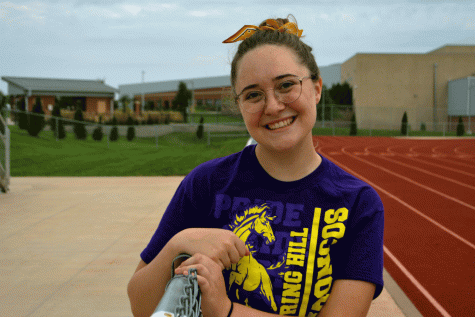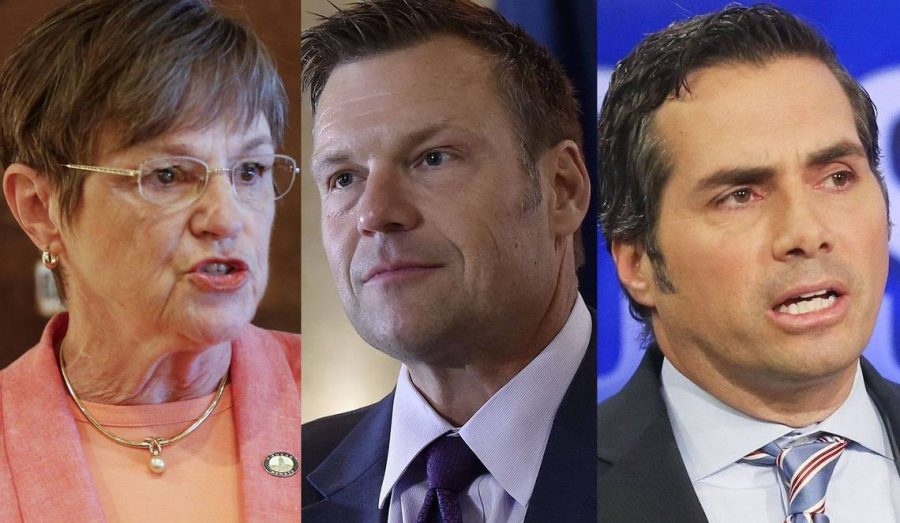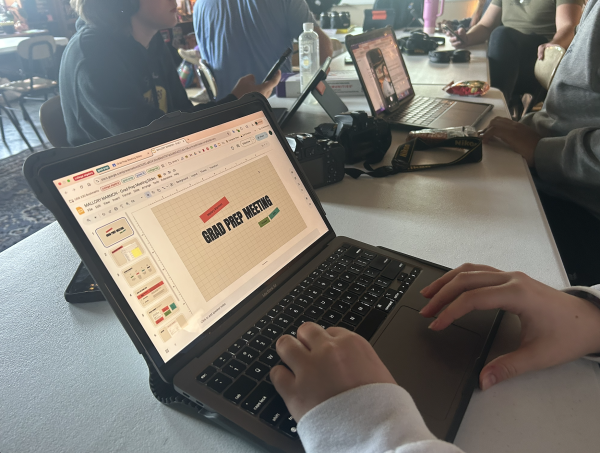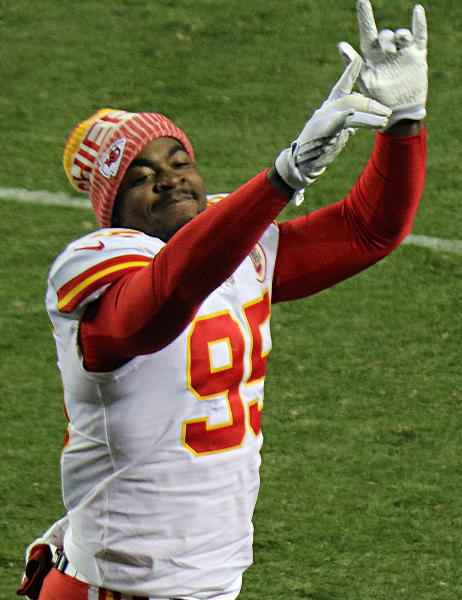Kansas Race for Next Governor Narrows
It’s been a wild ride this year for the office of governor in Kansas, full of upsets and and twists that appear so ridiculous they could have been in a novel. It began just over a year ago in the summer of 2017, when Governor Sam Brownback was nominated by President Donald Trump for the position of ambassador at large for international religious freedom. Brownback, expecting a quick confirmation, soon began passing tasks to the lieutenant governor, Jeff Colyer.
The confirmation that Brownback was expecting did not come so quickly, however. Congress was hesitant to confirm Brownback, who was so unpopular in his home state, and declined to confirm him in 2017. For months Kansas existed in a state of limbo, unsure of who was really in charge. By January of 2018, six months had passed, and it was voted upon in the Senate. The vote was split 49-49, and Vice President Pence cast the deciding vote to confirm Brownback.
With Brownback finally in his new position, Colyer was free as acting governor, but only in time for campaigning for the primaries to begin. Colyer’s major opponent for the GOP nomination was Kris Kobach, the Kansas Secretary of State. Also running for the nomination were several teenagers, which would stir even more controversy by the end of the primary.
The GOP primary was one of the closest it had ever been, with a narrow win by Kobach that could have easily warranted a recount request by Colyer. Colyer, however, decided to cede the nomination. To the anger and frustration of many Colyer supporters and Democrats, the amount of votes won by the teenage candidates was more than the margin by which Kobach won the nomination.
“It’s a highly contested primary between Kris Kobach and Jeff Colyer,” said Alex Winkler, government teacher. “[Kobach] won by a few thousand votes. I think it’s going to be a close race, closer than anyone expects.”
With less than two months until the midterms, the race has been narrowed significantly. Kobach remains the GOP candidate, while the Democratic primary was won by Laura Kelly, a long time member of the Senate and Senate Minority Whip. Greg Orman is running as a third-party candidate, threatening to split the liberal vote.

Hi, I’m Lily Kuhn and I’m the editor-in-chief of the yearbook. I’m a senior, and this is my fourth year in SPUB. I’m also involved in band, where...







